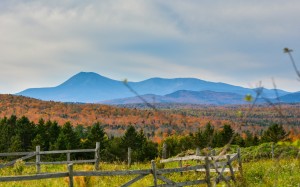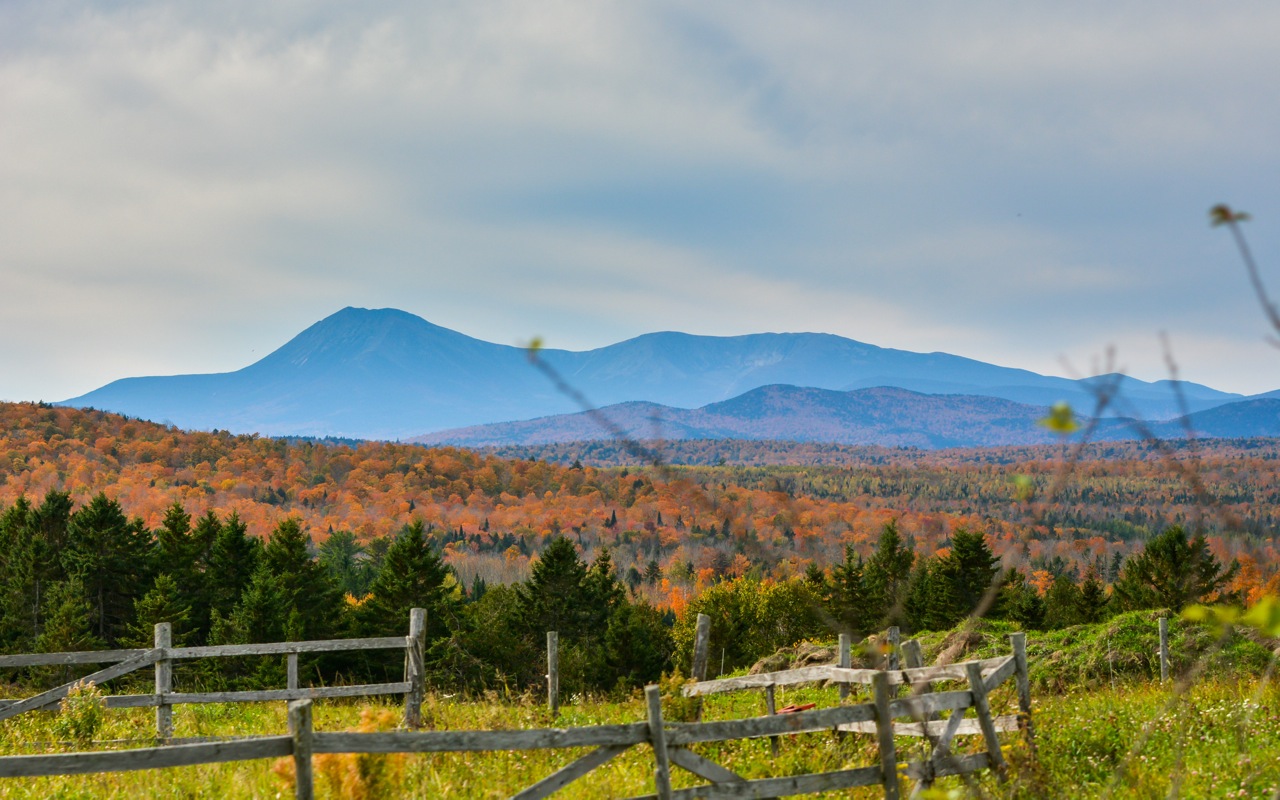 I begin with an apology for the title of this post, but no other title quite captures the gist of the story. Even for someone like me who has spent his entire adult life immersed in environmental issues, it’s hard for me to keep up with the Green vernacular. I don’t know what it is with you Greens (you have pale greens, lite greens, dark greens, bright greens, red-greens, radical red-greens, blue-greens, red-green-brown greens, and veridian greens), but that term and its many derivations as used to describe one’s greenitude or fealty to some green alliance has gotten awfully confusing. Whatever happened to just being an environmentalist or conservationist – need it be so complicated to simply identify oneself as one who believes in good environmental stewardship!? But perhaps I’m being a bit unfair and should cut the Greens some slack since we humans do have a propensity for class distinction based on political or social affinity. So as far as the color green goes, if I were forced to self-declare, I’d like to think of myself as among the forest or shamrock greens – but that for another day.
I begin with an apology for the title of this post, but no other title quite captures the gist of the story. Even for someone like me who has spent his entire adult life immersed in environmental issues, it’s hard for me to keep up with the Green vernacular. I don’t know what it is with you Greens (you have pale greens, lite greens, dark greens, bright greens, red-greens, radical red-greens, blue-greens, red-green-brown greens, and veridian greens), but that term and its many derivations as used to describe one’s greenitude or fealty to some green alliance has gotten awfully confusing. Whatever happened to just being an environmentalist or conservationist – need it be so complicated to simply identify oneself as one who believes in good environmental stewardship!? But perhaps I’m being a bit unfair and should cut the Greens some slack since we humans do have a propensity for class distinction based on political or social affinity. So as far as the color green goes, if I were forced to self-declare, I’d like to think of myself as among the forest or shamrock greens – but that for another day.
Despite my professed confusion surrounding green-labeling, Ross Robertson has an intriguing piece on the dawning of a new era for Environmentalism in his new article A Brighter Shade of Green: Rebooting Environmentalism for the 21st Century. (HT to Jim Strock for circulating) Lots to think about in this article. Robertson recounts his journey from a young eco-extremist, lashing out at humanity for perceived crimes against nature and suffering from the interminable despair experienced by many environmentalists unable to turn back the hands of time, to a reformed capitalist, thinking very differently about humanity’s rightful place on earth and embracing tools of modernity and capitalism to bring about much sought after environmental change. It’s a personal, soulful reflection worth reading in its entirety, but here is a gist of his thesis
If you bleed green like I do, you may also be under the wings of a shadow so close to you, it’s difficult to see. This blind spot has less to do with the environment and more to do with how we perceive it—and how we perceive ourselves. To me, the most pivotal environmental issue we’re faced with is not climate change or hunger or biodiversity or deforestation or genetic engineering or any of those things. It is an issue that is going to determine what we do about it all: our deeply felt ambivalence toward the human race and our presence here on planet Earth.
“Within environmentalists and environmentalism reside both a love for and a hatred of humanity,” one of my generation’s more controversial environmental heroes said in a now-famous speech at San Francisco’s Commonwealth Club in 2004. His name is Adam Werbach, and he was describing what my own experience tells me is the most difficult underside of the green mind—the “misanthropic nostalgia” for a time before modern society crashed nature’s party and ruined everything. “Because misanthropy at a political level is suicidal,” he went on, “it merits remaining private. But over the years, ordinary Americans have sensed it, the media have magnified it, and during the springtime of the environmental movement, the keenest conservatives saw an opportunity to exploit it. Ayn Rand, for one, saw environmentalists’ ‘ultimate motive [as a] hatred for achievement, for reason, for man, for life.’” [emphasis added]
As I have discovered, the whole misanthropic nostalgia thing affects some more than others. I first began to think about this issue in earnest after hiking Mt. Katahdin with my friend, David, who at the time happened to be a member of Earth First, one of the more . . . shall we say, extreme activist groups. As we ascended toward the summit along knife’s edge David became increasingly agitated by the sight of cairns and, to my dismay and those around us, began leveling each and every one we encountered. While many would find comfort in coming across these stone piles, as did I, others like David find such human artifice an affront to their Muir-esque sensibilities and natural aesthetic qualities. Contrary to Robertson’s assertion, however, I’d argue conservatives haven’t sought to exploit this thread of environmental misanthropy; rather, most conservatives simply cannot identify with it and, secondly, have naturally responded to it as a hostile gesture toward certain conservative ideals. Robertson continues:
That sharp dichotomy between human nature and nature itself set the tone for American environmentalism’s thorny confrontation with modernity. Suspicious of industry, wary of progress, and often hostile toward innovation and enterprise, the environmentalists of the twentieth century found themselves caught in a peculiar double bind. On one hand was the desire to reach for a brighter future for the world and its children; on the other, the fear that the very tools and technologies that might get us there were themselves our future’s greatest enemy. Competing currents of thought pitted faith in the progressive solutions of science against the urge to conserve the purity of nature while we still had the chance.
Environmentalism aside, I think many conservatives can relate to these same concerns and fears that emanate from modernity. Robertson continues:
On the radical fringes, militant extremists still beat the drums of rebellion against the ravages of commerce and industry. Derrick Jensen’s double volume Endgame, for example, recently called for the voluntary destruction of civilization in order to save the world. Even mainstream thinkers who disagree strongly with extremist tactics are largely in agreement with their message. Take the popular nature writer Bill McKibben, whose 2003 bestseller Enough laments: “Meaning has been in decline for a very long time, almost since the start of civilization.” His latest book, Deep Economy, argues passionately against the very idea of progress, claiming that the only “durable future” for our imperiled planet is one based on the revitalization of small-scale local cultures and economies. No matter where you find yourself on the green spectrum, it seems, people are trying one way or another to step on the brakes, if not reverse the tides of history.
On the solution:
This brings me to Worldchanging, the book that arrived last spring bearing news of an environ-mental paradigm so shamelessly up to the minute, it almost blew out all my green circuits before I could even get it out of its stylish slipcover. Worldchanging: A User’s Guide for the 21st Century. It’s also the name of the group blog, found at Worldchanging.com, where the material in the book originally came from. Run by a future-savvy environmental journalist named Alex Steffen, Worldchanging is one of the central hubs in a fast-growing network of thinkers defining an ultramodern green agenda that closes the gap between nature and society—big time. After a good solid century of well-meaning efforts to restrain, reduce, and otherwise mitigate our presence here on planet Earth, they’re saying it’s time for environmentalism to do a one-eighty. They’re ditching the long-held tenets of classical greenitude and harnessing the engines of capitalism, high technology, and human ingenuity to jump-start the manufacture of a dramatically sustainable future. They call themselves “bright green,” and if you’re at all steeped in the old-school “dark green” worldview (their term), they’re guaranteed to make you squirm. The good news is, they just might free you to think completely differently as well.
What Robertson describes has the hallmarks of free-market environmentalism, deploying the levers of market-forces and innovative technologies to achieve environmental sustainability, which requires establishing the right incentives to promote positive, sustainable behaviors worth replicating across society. Whatever shade of green it represents, I think it represents a step in the right direction, and one where both the political left and right may eventually find common ground.

